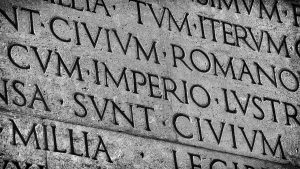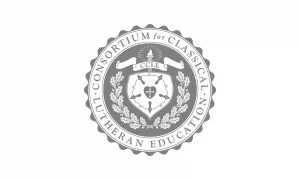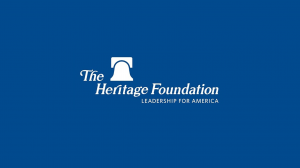
Register Now for Spring Classes
Greetings in the name of our Lord Jesus Christ! Registration is now open for Greek and Latin classes with the Institute for Classical Lutheran Education. Classes
What is the most important, universally binding principle that is embraced by classical Lutheran educators? Without question, it is our confession of faith.
Classical Lutheran educators hold to Mark I, which states:
“The school confesses and incorporates a commitment to the Gospel of our Lord Jesus Christ in all aspects of its educational mission as it is taught and confessed in the inspired sacred Scriptures and the confessional writings of the Evangelical Lutheran Church.”
This shapes the way we worship, teach, and live daily in our classical Lutheran schools and homeschools.
—Adopting Classical Lutheran Education, 25.
And in the words of Martin Luther,

Greetings in the name of our Lord Jesus Christ! Registration is now open for Greek and Latin classes with the Institute for Classical Lutheran Education. Classes

People often ask the question: “Why Latin?” Classical Lutheran schools typically start formal Latin instruction in third grade or younger. Latin is considered a staple


The Consortium for Classical Lutheran Education was recently featured in a paper published by the Heritage Foundation as one of the nine largest classical school
Copyright © 2024 CCLE